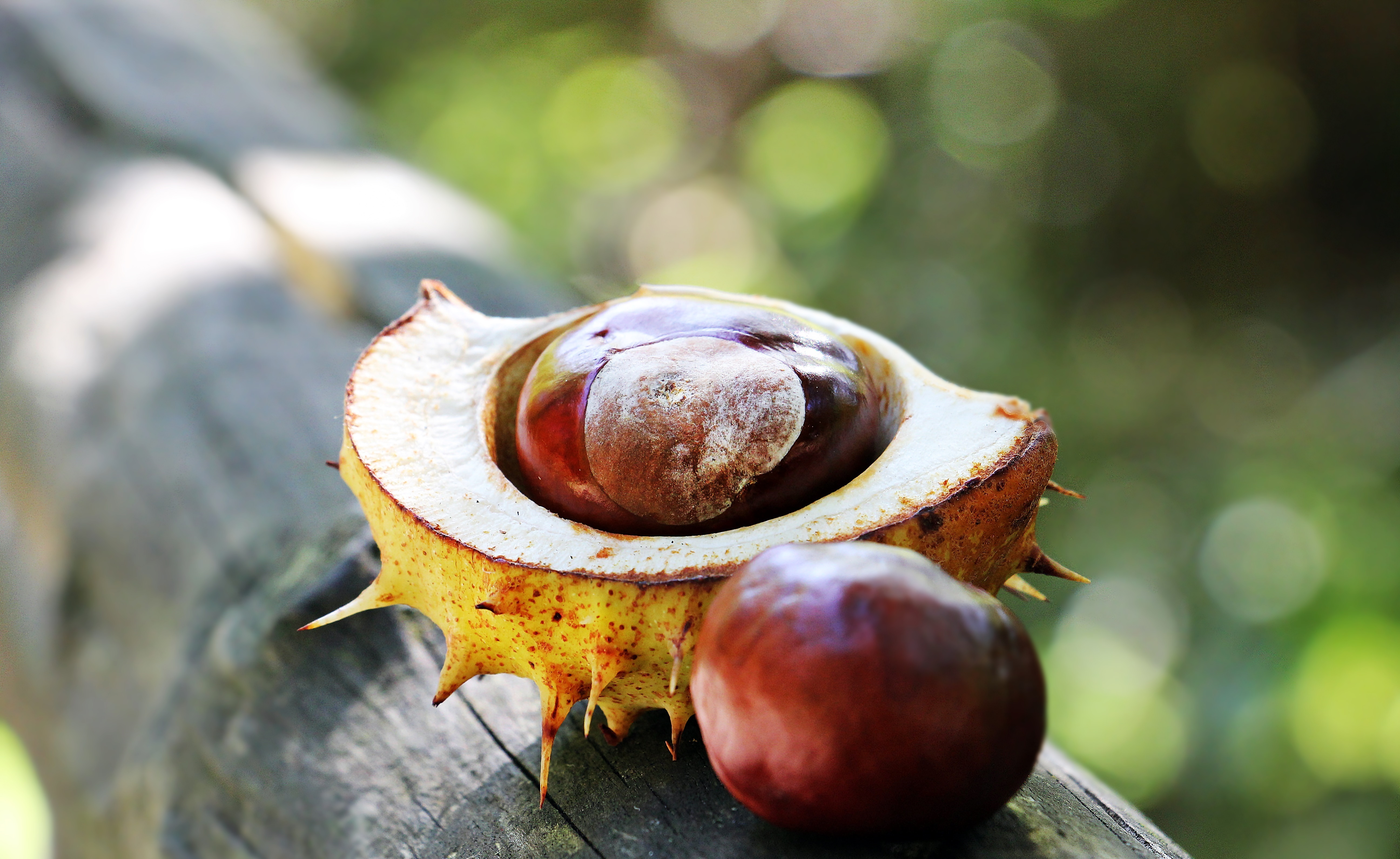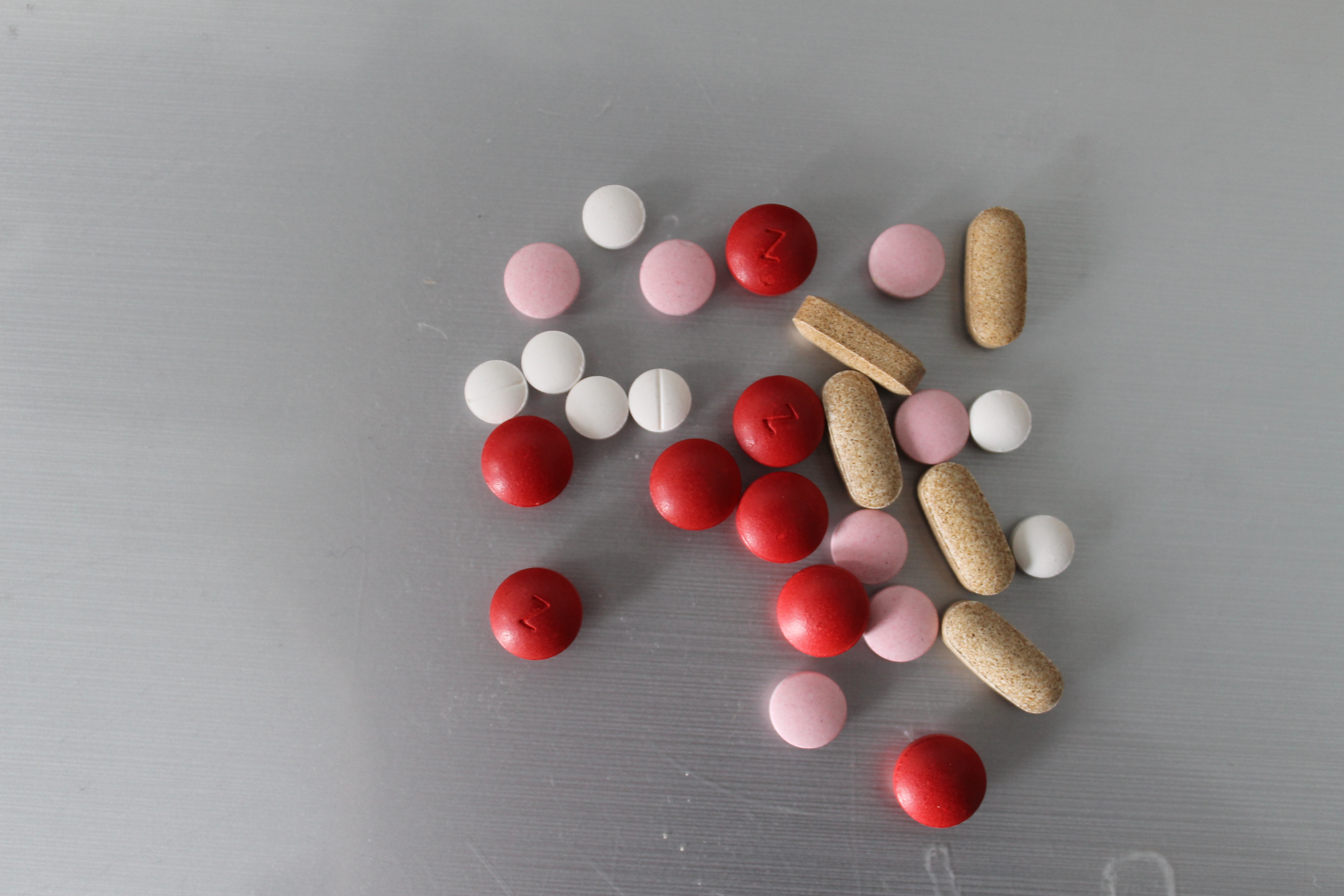You know what I like? Ecofriendly options. You know what I like even more? Ecofriendly options that save me money! That’s why I was so excited to learn that you can make your own laundry detergent out of horse chestnuts.
Horse chestnut trees (Aesculus hippocastanum) are widely cultivated in streets and parks throughout the temperate world and are only distantly related to true chestnuts. Indeed, they are actually in the soapberry and lychee family, Sapindaceae. This means that instead of buying soapberries shipped from across the world, contributing to the growing demand for exportation and leading locals in India to have to rely on cheaper chemical detergents, I can do my laundry for free with locally growing conkers!
This easy, free, ecofriendly option makes me wish that I’d switched years ago. Interested in giving it a try? I’ve listed the four easy steps below.
- Collect your horse chestnuts in a reusable bag. Aim to collect approximately eleven pounds to last you until next fall.
- Hammer, crush, blend, or cut five or six chestnuts into fragments. I hammered them in a cloth bag and then ran them through the blender. Alternately you can cut them into quarters with a knife.
- Pour one cup of boiling water over a half cup of chestnut fragments. The smaller your pieces, the shorter the steep time. For blended fragments, 15-30 minutes is all that’s needed to release the saponins. Cut quarters will require soaking overnight.
- Once the water has gone a milky soapy colour, remove the chestnut fragments with a strainer, and voila, free eco-friendly laundry detergent that can be kept for a week in the fridge (any longer and the fats will go rancid). You can compost the used conker fragments. The resultant soap that’ll be washed through your machine and onto the wastewater treatment plant is as environmentally friendly as it gets!
One load of laundry takes about a half cup of liquid detergent. If you want your detergent to have a scent, add a few drops of your favourite essential oil.
If you don’t want to store dried whole chestnuts, pre-shred your supply, dry it, and store it. When it’s time to wash, just activate half a cup with hot water, or simply throw your chestnut fragments in a bag with your wash (much like you would soap nuts). Just take note that using intact nut fragments directly in your wash may slightly discolour whites through the dark chestnut skins.
And there you have it, a locally grown, free, ecofriendly, DIY laundry soap.




